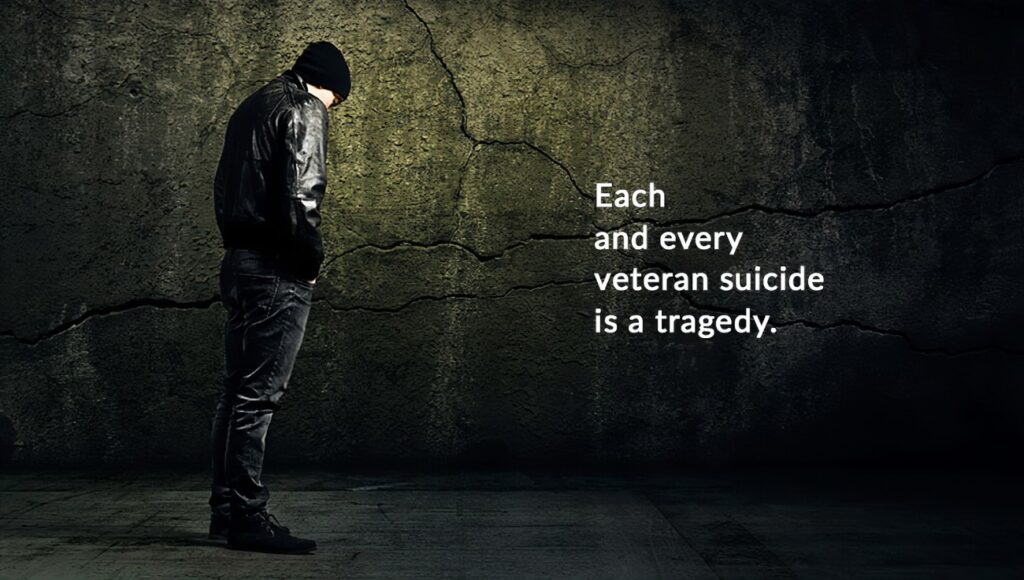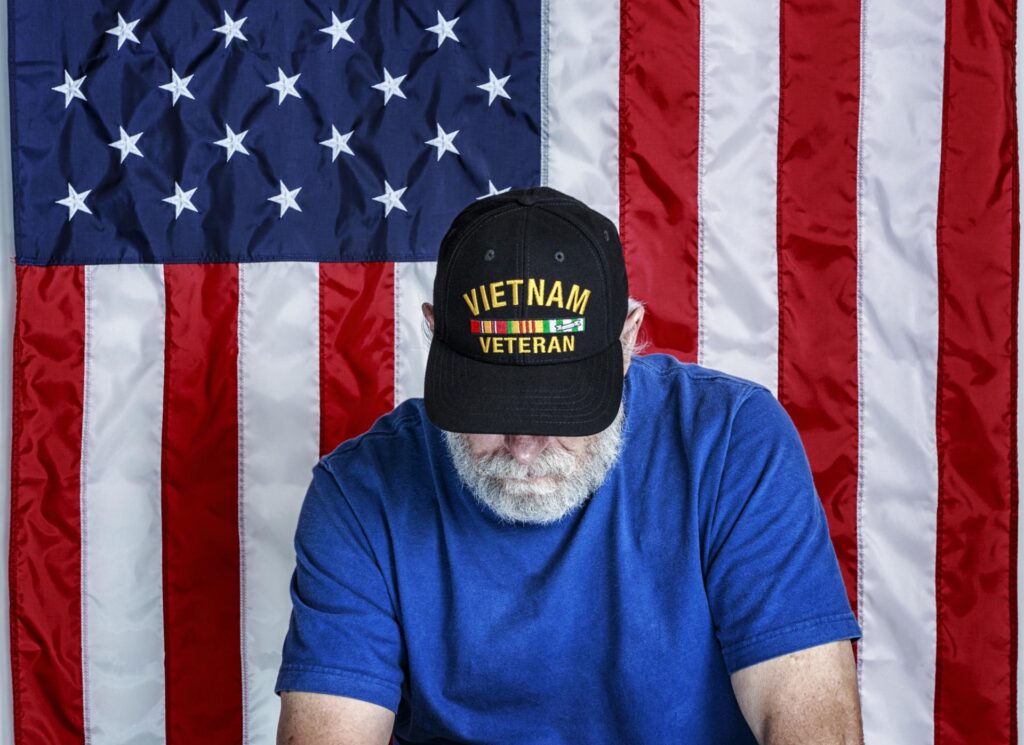The Staggering Rise in Veteran Suicides
In 2022, suicide rates among active-duty U.S. military members are the highest ever. The first step in prevention is learning why.
Since record keeping began after 9/11, military suicides have been rapidly increasing. A 2021 research study found that 30,177 active-duty personnel and veterans who served in the military after 2001 have died by suicide. This is compared to 7,057 service members killed in combat in those same 20 years.

So, we see that the number of soldiers dying from suicide is four times the number who died during combat. The families of soldiers have already sacrificed so much. This upward trend is heartbreaking.
As the USO website reminds us: “Several causes can lead a person to commit suicide, but for active-duty service members, there’s an additional layer of potential stressors on top of the regular ups-and-downs of life that puts them at risk.” To help reverse this trend, USP Centers nationwide are offering special programs that follow CDC guidelines.
https://www.cdc.gov/suicide/prevention/index.html
Here are the sobering facts:
- The suicide rate for veterans is 1.5 times higher than that of the general population.4
- Comparing the rate among female veterans to non-Veteran adult women, the rate is 2.5 times higher.5 From 2001 to 2014, the U.S. Department of Veteran Affairs (VA) reports an increased suicide rate among women using VA health services from 14.4 per 100,000 to 17.3 per 100,000.6
- Suicide rates are especially high among older veterans. According to the U.S. Veterans Administration (VA), in 2016, about 58 percent of all veterans who committed suicide were 55 years, or older.
Digging Deeper
A research study in 2017 looking at data on more than 4.8 million veterans found that “substance use disorders had twice the risk of suicide compared to those without a substance use disorder.”

Other common factors leading to increased suicide risk in veterans include:
- Anger, rage, mood swings, and episodes of anxiety and agitation.
- Expressing feelings of having no reason to live
- Increased alcohol and/or substance abuse, especially binge drinking
- Self-destructive and risky behaviors, like driving while impaired.
- Excessive doses of opioid medications for pain control.
- Insomnia
- Mental health conditions, such as anxiety disorder, manic-depressive disorder, depression, post-traumatic stress disorder (PTSD), and traumatic brain injury (TBI).
There are now many programs to help prevent military suicides. Here’s a great example of a suicide prevention event hosted by USO Fort Riley in Kansas.
https://kansas.uso.org/stories/20
If you or someone you know needs help dealing with suicidal thoughts, help is available 24/7. For the National Suicide Prevention Hotline, call 1-800-273-8255. You can also text 838255 or chat online with a crisis counselor.
Disclaimer. We are an information and referral source only. We are not medically trained. All decisions concerning your health should be discussed with your physician.

